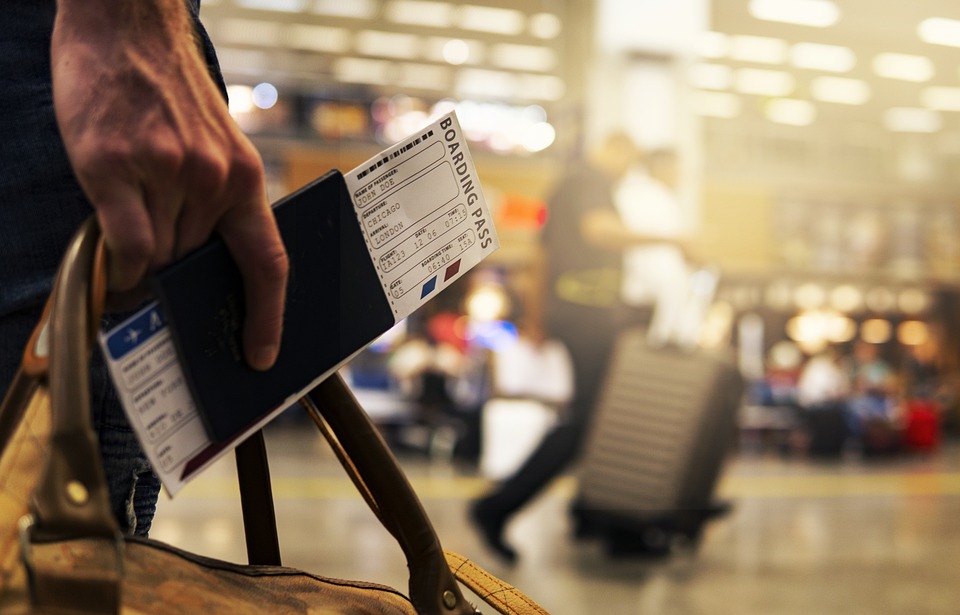
Preparing to travel is exciting, whether you’re backpacking through Europe, visiting the Australian Outback, or heading out on a mountainous adventure. Regardless of the experience, you’re going to need money to fund your trip, and you’ll have to manage it carefully. Navigating international borders can be expensive when it comes to money, which is why we’ve put together this short series of tips.
But first, check out the best countries to visit by month, which will in turn help with managing your money on the trip.
Contents
1. Caution When Exchanging Currencies
Exchanging currency will soon rack up additional costs, which is why you need to be careful about where you choose to do it. Typically, it’s recommended to avoid airport currency exchanges because their fees are much higher – like everything else at an airport. You are best waiting until you’ve reached your destination and then shopping around.
While searching for a currency exchange, you need to ensure its authenticity to avoid being scammed. When it comes to exchanging money, make sure you already know what the exchange rate is. Additionally, if you find a venue that’s advertising “0% Commission”, always find out how much currency you will receive. If you’re still unsure, don’t be afraid to ask a local.
2. Have Online Banking
Accessing a brick-and-mortar bank may be challenging when you’re abroad, especially if yours doesn’t operate in the country. Therefore, you should register for online banking before you leave. Doing this will allow you to log in from anywhere and manage your funds, and you can usually download an app to your smartphone.
3. Welcome Support from Family
We all like to have independence while we’re traveling, but there’s nothing wrong with accepting help. If your parents offer to send you some spending money, always say yes. However, you’ll want to make sure that they’re not paying too much for the pleasure. To avoid paying extortionate transfer fees, you can use Ria international money transfer whenever you need to send money overseas.
4. Always Have Spare USD
Emergencies typically take you by surprise, so make sure you’re always prepared. For example, if you have your money stolen and you’ve only got a day left, you should have a backup plan in place. Given how powerful the USD is, many countries, such as the Bahamas, will accept it as payment. Therefore, you should have a stash of USD to fall back on in emergencies.
You may want to invest in travel insurance when vacationing abroad that covers travel emergencies such as medical care.
5. Prepare for Smaller Costs
Planning to travel involves budgeting, and the most obvious costs are travel, accommodation, and food, which is why you’ll likely have more than enough for these. However, you need to account for those “hidden” costs that may be overlooked, including:
- Taxes
- Laundry
- Haircuts
- Medication
- Toiletries
6. Spending Up
After buying foreign currency, the last thing you want to do is pay again to transfer it into another currency. Therefore, unless you plan on returning to a country anytime soon, it’s best to make sure you’ve spent up. However, there’s nothing wrong with keeping a coin or two for the scrapbook.
Travel planning requires a lot of thought, and it isn’t for everyone. Even if you’re just “going with the flow”, make sure you use the money management tips outlined above.





